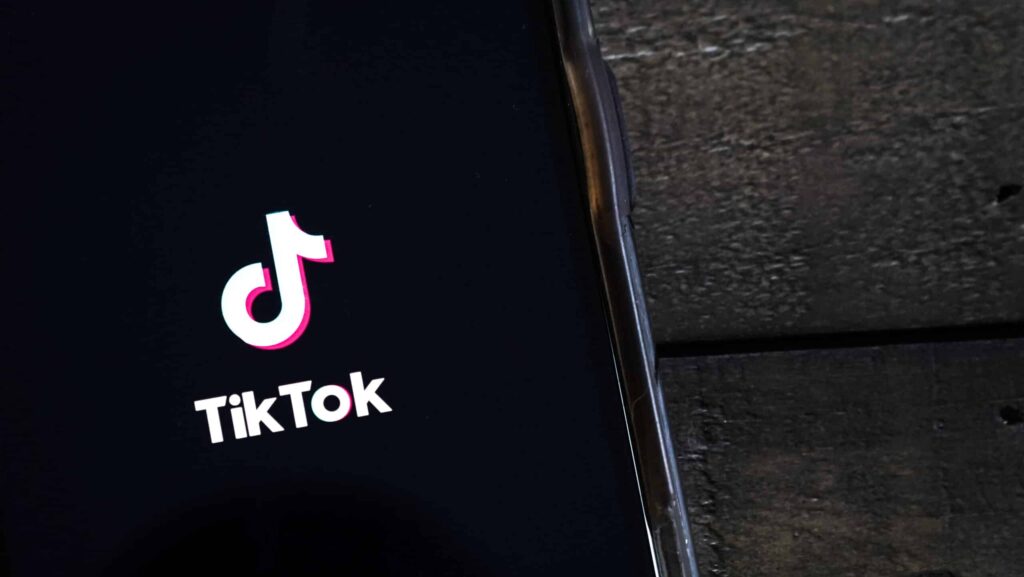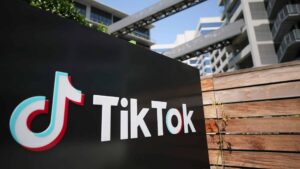As TikTok’s legal showdown looms closer, new developments shed light on the upcoming court date that could significantly impact its future in the United States. The US Court of Appeals for the District of Columbia has scheduled oral arguments for September in two pivotal cases, which will scrutinize the constitutionality of the federal divest-or-ban law.
Scheduled for September, these oral arguments will address the case between TikTok and the Justice Department, as well as a second lawsuit brought forth by a group of creators against the US government. Both sets of plaintiffs aim to demonstrate that the Protecting Americans From Foreign Adversaries Act (PAFFAA) constitutes an unjustified infringement on First Amendment rights.
In their complaint, the suing creators assert, “The Act thus promises to shutter a discrete medium of communication that has become part of American life, prohibiting Petitioners from creating and disseminating expressive material with their chosen editor and publisher—and from receiving such material from others.” They argue that such a restriction on speech violates the First Amendment, marking it as an extraordinary restraint on their constitutional rights.
TikTok is anticipated to defend itself by invoking the First Amendment during oral arguments. However, the company’s case will also center on Project Texas, a security plan devised to place TikTok’s US operations under the supervision of an American team.

Although TikTok publicly championed Project Texas, the plan faced a roadblock in the Committee on Foreign Investment in the United States (CFIUS), prompting questions about its viability. Congressman Jay Obernolte expressed skepticism, stating, “My concern is that I don’t believe it is technically possible to accomplish what TikTok says it will accomplish through Project Texas.”
The Justice Department is expected to challenge TikTok’s assertions regarding Project Texas, portraying it as an inadequate solution to national security concerns. A Biden Administration official explained, “We determined more than a year ago that the solution proposed by the parties at the time would be insufficient to address the serious national security risks presented.” Despite ongoing engagement with TikTok, the administration maintains that divestment from foreign ownership remains necessary.
Amidst these arguments, a court filing reveals that both sets of plaintiffs must submit their briefs by June 20, while the Justice Department must follow suit by July 26.
ADVERTISEMENT
With the court date approaching, the outcome of these cases holds significant implications for TikTok’s operations in the US and sets a precedent for the balance between national security imperatives and constitutional rights in the digital age.








